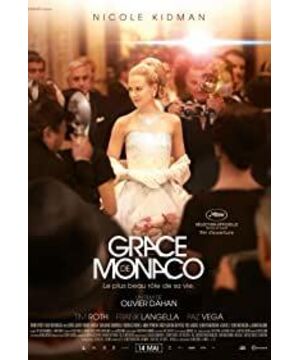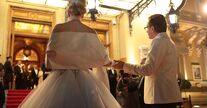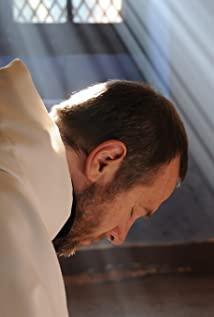Grace of Monaco negative reviews
-
Marvin 2022-01-16 08:01:30
In fact, there are three things: acting in a dilemma, the princess catches the traitor, and the princess's diplomatic public relations. Nicole was okay, but Tim Roth hunched over and shrugged so badly that he didn't look like a king at all. The appearance of Hitchcock and Karas is a surprise, especially Karas’s "O Mio Babbino Caro", it’s so beautiful to catch a glimpse of it ❤
-
Rowena 2022-03-16 09:01:06
Nicole really has no dead ends. Then...there is no more. How can Weinstein not be enough for Hollywood with such a lackluster princess fairy tale. PS: But it's still much better than "Diana".
-
Emile Pelletier: If America supports Monaco, things will get complicated.
Charles de Gaulle: I've survived an assassination attack. I'm not afraid of an actress.
-
Grace: Maybe I'm naive, but I believe in fairytales. I do, I believe they can exist if we really want them to. If, if we're prepared to work hard enough. I believe that the world will not always be full of hatred and conflict, if we're willing to sacrifice enough.











